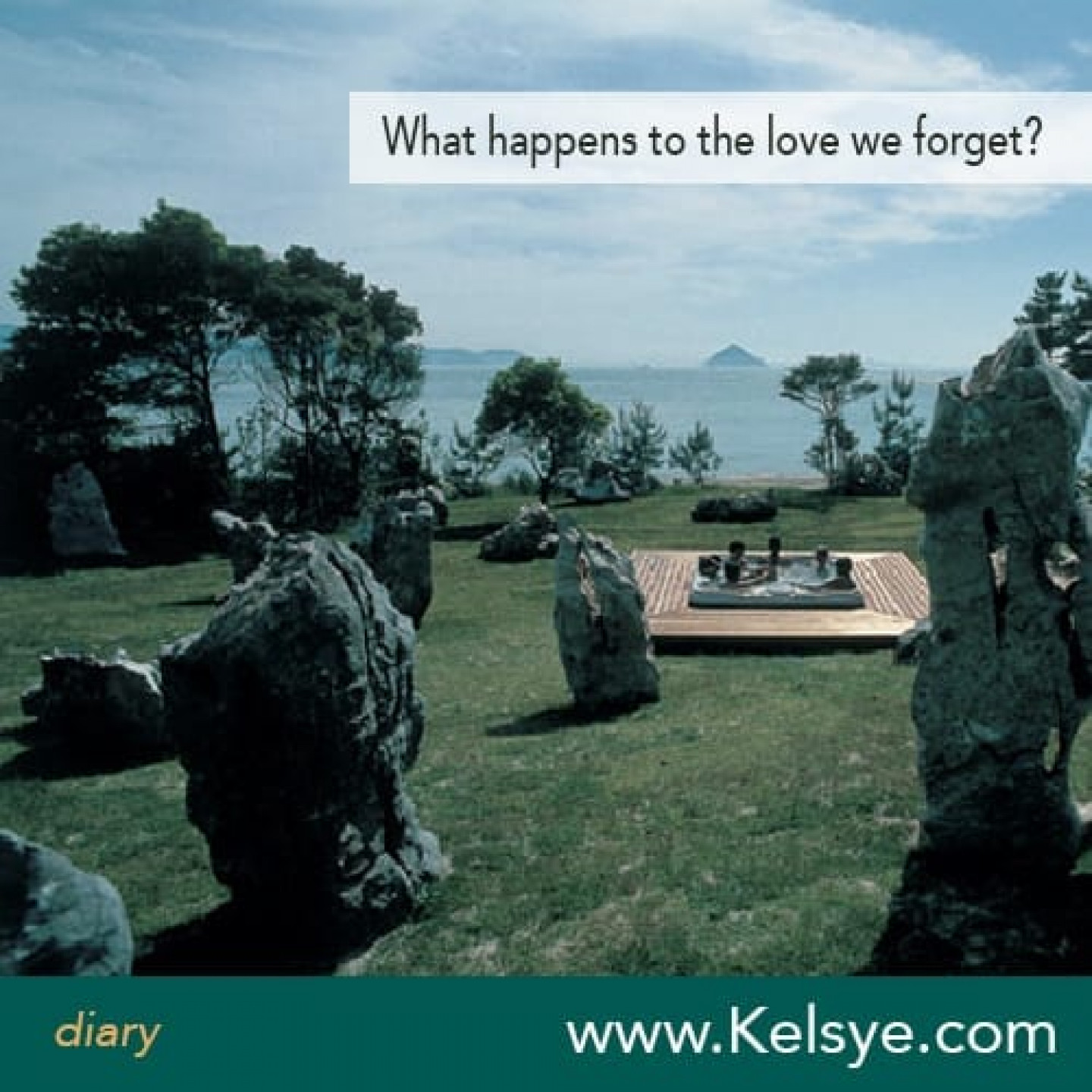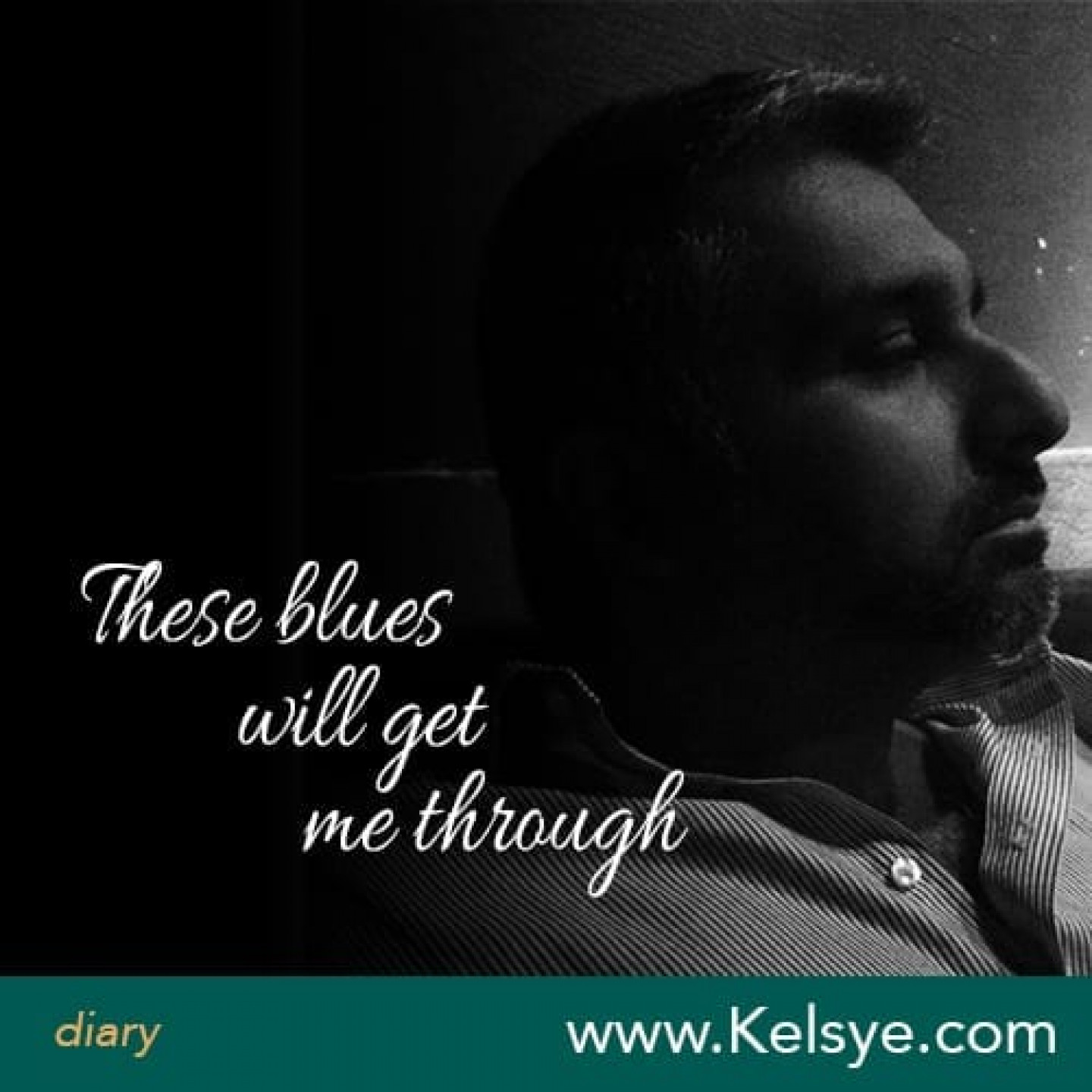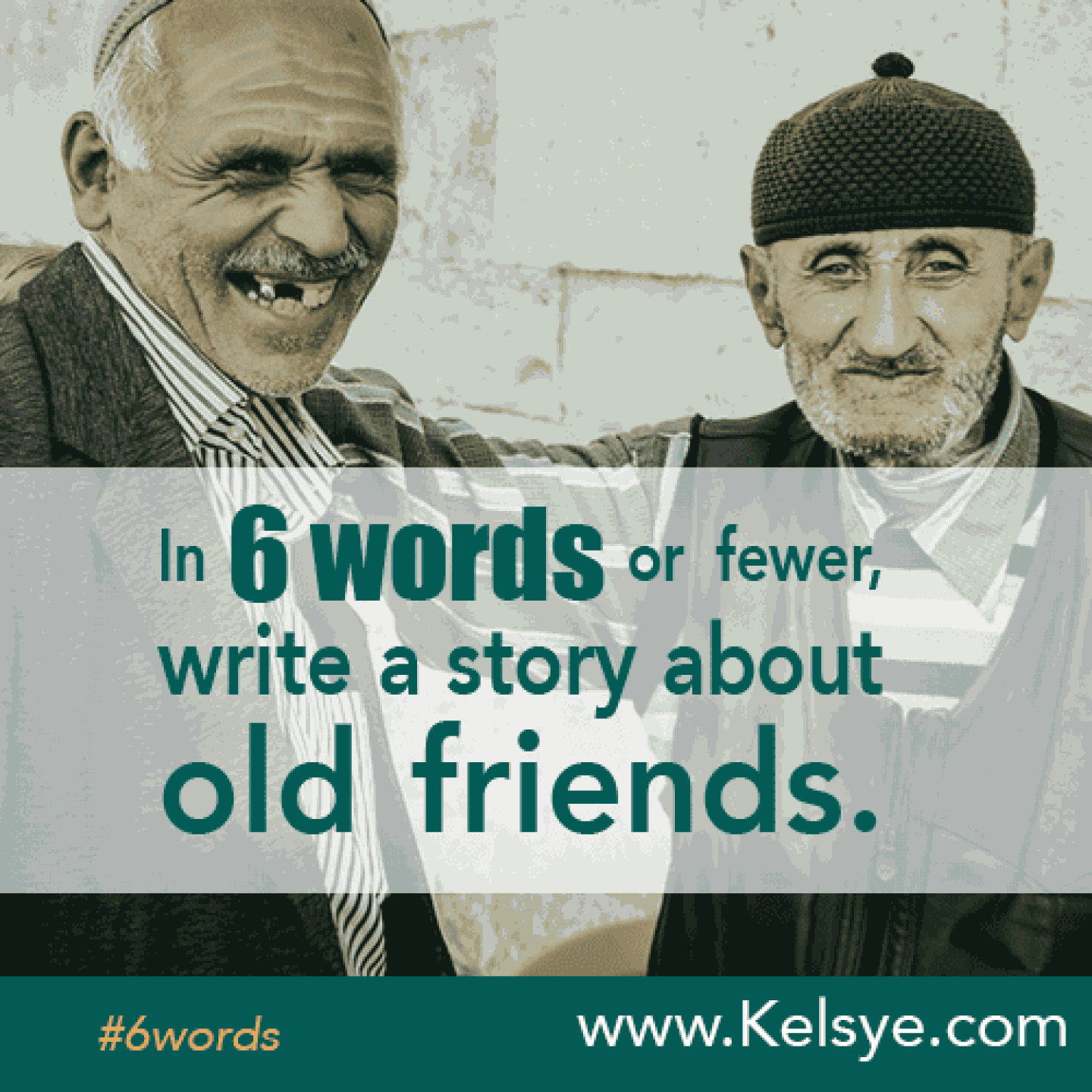
Years ago, I stopped taking photographs. As an avid photographer, one who even built a darkroom in her father’s basement, this change of behavior felt akin to a divorce, or a death. One day I took photos, the next day I didn’t. As sudden as a car crash. The constant pull to frame and record experience and vision in a lasting medium exhausted my soul. Everywhere I looked, I saw edges, thirds and lighting. I could no longer see my surroundings without mentally filtering for shots worth snapping.
I created a beautiful portfolio of images, evidence of a life well-lived, of incredible places, of self-portraits capturing moments that proved I was beautiful and young. I would flip through these images as though examining the life of a stranger. The cumulative impact of the pictures, despite literal renderings of my life, displayed an untruth. I could not remember who I was with that day I captured the shot of the willow in the Japanese garden. I have no idea if that somber mood shown in the shot of me glancing over my shoulder was authentic or posed. A panic built in me, one that hissed that by focusing on capturing my life in images, I was in fact forgetting, even re-writing it.
I stopped taking pictures.
My husband pointed out recently that there are no photographs of him in my office, no pictures of our family or even our dogs. There is only a picture of the dog I had in my childhood, and a few images of myself in various countries, all taken before I hit twenty-five. That’s it.
“You’re so vain!” he said to me.
I hadn’t noticed until that moment that I had surrounded myself with pictures of myself. But I also saw what he couldn’t see. Those aren’t pictures of me, those are memory anchors. Not only do I have photographs, I display objects as well. A postcard from Japan with no writing, no explanation, but that reminds me of a long ago weekend with a lost love. There is a dinosaur toy given to me by an employee when once-upon-a-time I was a corporate fancy pants. There is a badly framed picture of a fish, a rendering of someone else’s art studio, a wooden box in the shape of the moon, a tiny cast-iron typewriter, tickets to a baseball game that occurred a few years back, a print of a poem.
Those pictures I keep aren’t so I can look at myself. That shot of me on my balcony in the French Quarter is meant to remind me that once I lived in a hot state, that I didn’t have children, that there are people who live entire lives dancing about on cobblestone streets, working at bars and writing gothic poetry. The picture of me on the rooftop in Tanzier is to remind me that once I saw a world where women are regulated to spaces set aside and apart from the street level stream of daily life, that once I halted an entire crowd of menacing men by standing my ground and shouting the one word I knew how to clearly pronounce in the their language, shame.
These things remind me that once I carried bibles. Once I slept with gangsters. Once I lived in the woods. Once I was strong. Once I was weak. Once I went up a mountain and the heavens opened and I learned the name of my future daughter. Once I was a drunk. Once I was a leader.
I still worry about it. If I loved you, and it was true, and I forget our time together, does it mean I never really loved you?
If even love can be forgotten, what possible purpose can pull me through my weeks.
I have read and reread the book Siddhartha, by Herman Hesse. The concept of the river compels and soothes me. If time is a river, one we are constantly moving down, our position in the stream has no impact on the existence of the flow before or behind me. Because I can’t see it, or touch it, or hear it, does not mean that it is no longer. All things exist at all time. Just because I left you behind in different waters, does not mean you are gone from me forever. We’re still drenched by the same passage of time.
“This is you,” I said to my husband, pointing out the poem tacked to the wall. “This is you,” I said, picking up the baseball tickets, the little typewriter he gave me. “You’re all over my office.”
I stood and wrapped my arms around him, kissed him. “This is you, standing with me right now, just how I prefer to have you.”


 When I ask
When I ask 




 The struggle is one eternal and relentless, the one of woman and man versus house and finance, versus each other, versus children and laundry and summer vacation, versus unfinished manuscript.
The struggle is one eternal and relentless, the one of woman and man versus house and finance, versus each other, versus children and laundry and summer vacation, versus unfinished manuscript.







